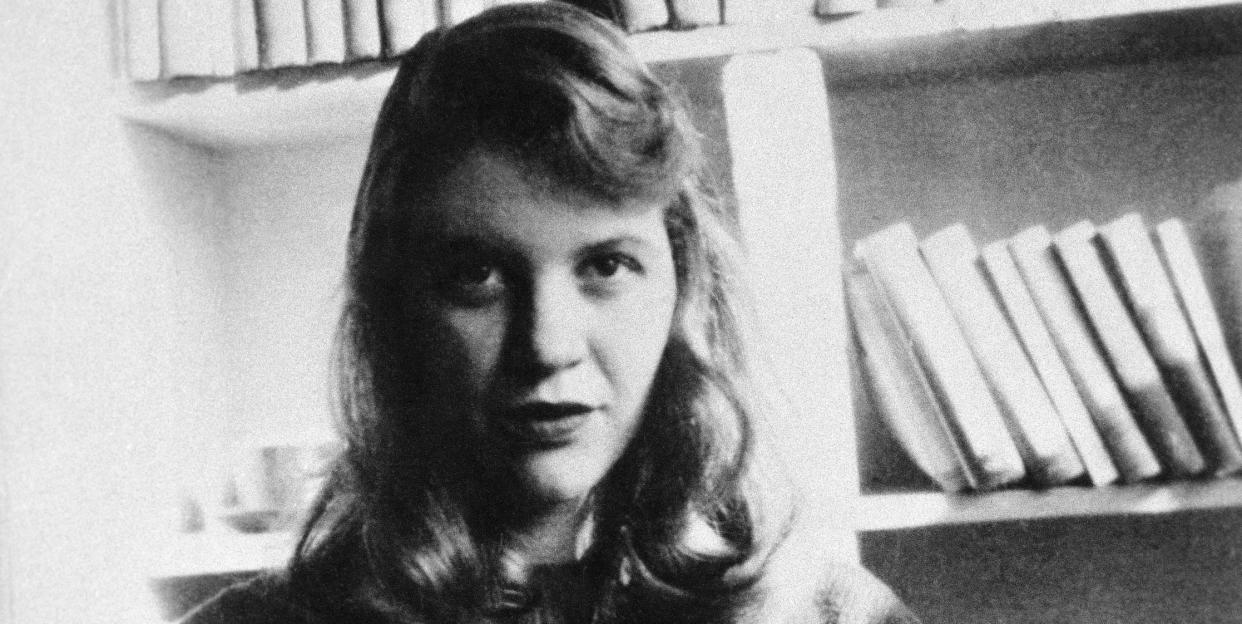Heather Clark's "Red Comet" Is the Definitive Sylvia Plath Biography

Red Comet, Heather Clark’s heroic biography of Sylvia Plath, draws on a plethora of untapped archives and letters—and even a previously undiscovered novel— to resurrect Plath from “the limbo between icon and cliché” and conclude that “the most famous woman poet of the twentieth century was neither fragile ingénue nor femme fatale. Rather, she was a highly disciplined craftswoman...whose innovative work gave new energy to the burgeoning literary and cultural revolutions of her time.”
From her youth in suburban Boston to her eminent academic accomplishments and stormy relationship with fellow poet Ted Hughes, Red Comet illuminates Plath’s life in unprecedented detail. Suicide attempts take a backseat to fiercely focused genius. Here, The Bell Jar is understood not as a teen cult work (“When we see a female character reading The Bell Jar in a movie, we know she will make trouble”) but as a declaration of independence from postwar America. Clark also recasts Hughes as both muse and monster, a generous reader with a cruel streak.
But Red Comet is fundamentally a work of criticism, exploring the technical leaps in Ariel, the breakthrough collection that made Plath’s name. Just two years before her death, Plath jettisoned worn-out forms for a bolder register, embracing internal rhyme, expressive line breaks, and autobiography: The circus animals of her imagination were liberated from their cages, pacing and stalking the masculinist canon. “Plath does something akin to Picasso in his early Cubist drawings,” Clark writes, “...a calculated, radical gesture born of impatience with a tradition that had run dry.”
Red Comet achieves the remarkable: It’s a majestic tome with the narrative propulsion of a thriller. We now have the complete story.
For more stories like this, sign up for our newsletter.
You Might Also Like

